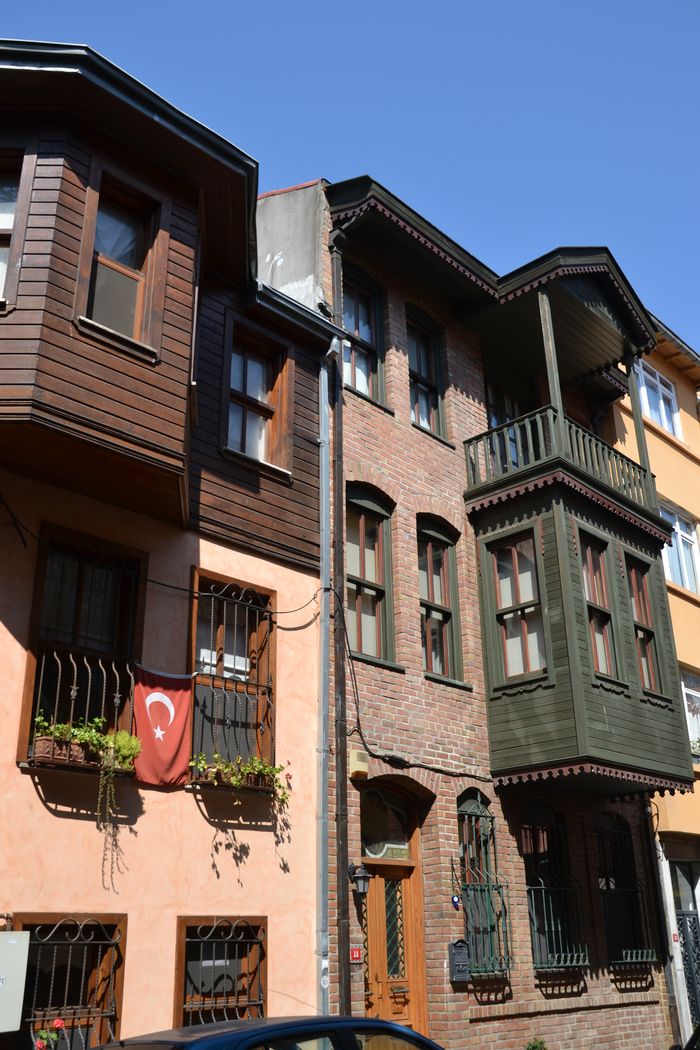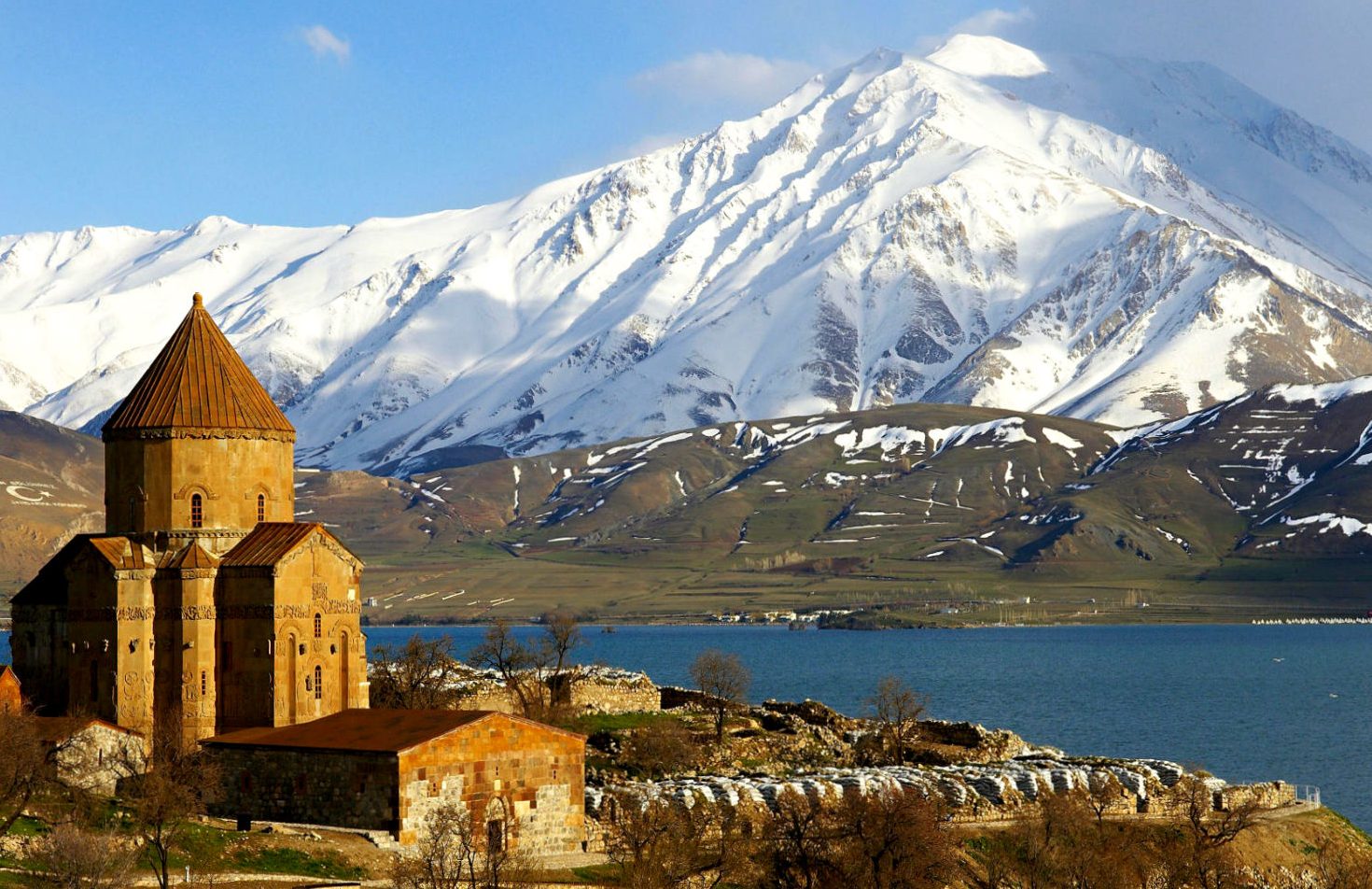196. The outcome of this interview reacted instantly on me. I could neither sleep nor rest because of it, and it was equally difficult to wait patiently for my own opportunity to go. I visited my friend and with many tears of protestation I promised that I would follow his example forthwith. And he, once again with a feigned excuse — this time that his health had miraculously improved since he had donned the monkish habit — without more ado retired to the holy monastery on Mount Olympus.
197. I decided to imitate him exactly, and alleged, by way of excuse, that I was suffering from liver trouble and serious heart-burn, I pretended to be delirious and talked to myself, as though the business of everyday life were too much for me. I went dumb and made signs with my fingers that I desired tonsuration.
Holy Church
Messages soon reached the emperor that I was out of my senses. He was told that I was on the point of dying, that I was heartbroken by the terrible disaster that had overtaken me, but that whenever I did recover my wits, I longed for the chance to enter Holy Church. At the news of my ‘illness’ Constantine was greatly upset, far more than my position deserved. His first concern was that my life was in danger — a prospect that filled him with consternation and called forth bitter laments. The thought that he was about to lose me particularly worried him, for he loved my conversation immensely.
There is no reason, surely, why I should not admit it. Perhaps I may be permitted to speak with some little pride of my own resourcefulness in dealing with him. My life, as far as possible, was dedicated to the pursuit of philosophy, but I carefully accommodated myself to his every mood. He was a man who soon tired of his enthusiasms. He liked change — in musical parlance, he alternated the highest treble with the deepest bass; sometimes he struck a chord of both together.
There were certain occasions, therefore, when I would discourse to him in philosophic vein on the First Cause, on the Universal Good, on Virtue, on the Soul. I would prove to him how the soul can be visible in the body, and again, how it can float above the body, like a cork, but still attached to it: this phenomenon I compared to some object, suspended in the air, balancing itself lightly on the wing, relying entirely on its own strength and altogether unaffected by the weight of the bond that ties it to something else below it.**149 Then, when I saw that he was becoming bored with these lectures, and that he wanted to change the subject to something more to his taste, I would turn to the Muse of Rhetoric and introduce him to another aspect of Excellence, delighting him with word-harmonies and rhythmic cadences, composition and figures of speech (which lend the art its peculiar force).
Read More about Zoe and Theodora part 11








